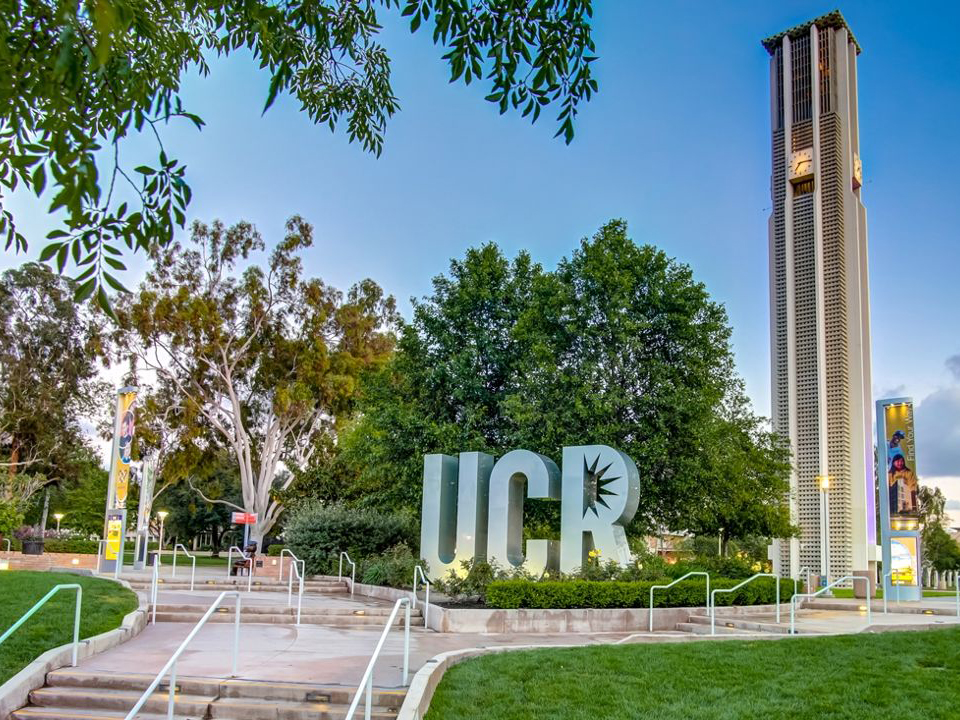UCR students are now part of the California program aimed to stop the spread of COVID-19.
The California Department of Public Health, Department of Technology and the University of California (UC) are using privacy-preserving coronavirus contact tracing to quickly notify users when they have come in close contact with someone that has tested positive for the virus, even if they do not know the person. The program, known as California Notify, uses Google/Apple Exposure Notification (GAEN) technology, which does not use location information nor does it collect and transmit any personal information. CA Notify uses Bluetooth technology to notify users when they have come in close contact with another user who has logged that they have tested positive for coronavirus. Users will be asked to opt in to the notification system which will generate and transmit anonymous keys used only to communicate with other cellular devices in your proximity; the keys cannot be used to identify your location. Epidemiologists have developed a system to determine and assess an individual’s level of risk after being exposed using the date, duration and signal strength of the encounter. Those who are notified of an exposure will be directed to instructions on how to preserve the safety of themselves and those around them.
“As COVID cases increase in the county, we need to utilize all the tools at our disposal to fight the surge,” said UCR Chief Medical Officer Andres Gonzalez, “UCR Health and UCR want to be in the forefront of technology to make sure we keep our communities safe.”
UCR launched the campus wide program on Nov. 16 and since then, the university has provided information and a brief video with instructions on how students can activate the notification system on their smartphones. iPhone users must have their phones updated to the latest version of iOS to download the California COVID Notify app. Android users must download the app from the Google Play store. Both must make sure to have their notification and Bluetooth settings turned on.
The pilot program was first introduced at UC San Diego and UC San Francisco early this fall and later expanded to UCR, UC Berkeley, UC Davis, UCLA and UC Santa Barbara in order to reach a broder, more diverse audience.
“Contact tracing along with testing and isolation are some of the best strategies to combat the virus. This project enhances the existing contact tracing/investigation process that the university already has in place,” said Gonzalez.








